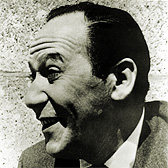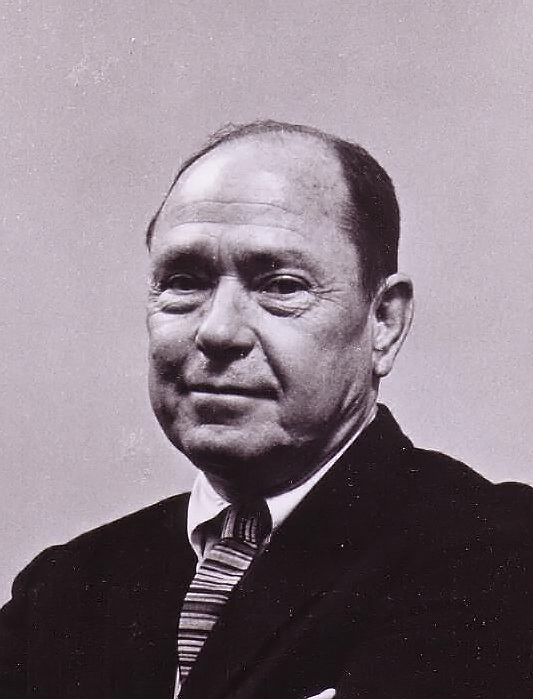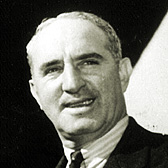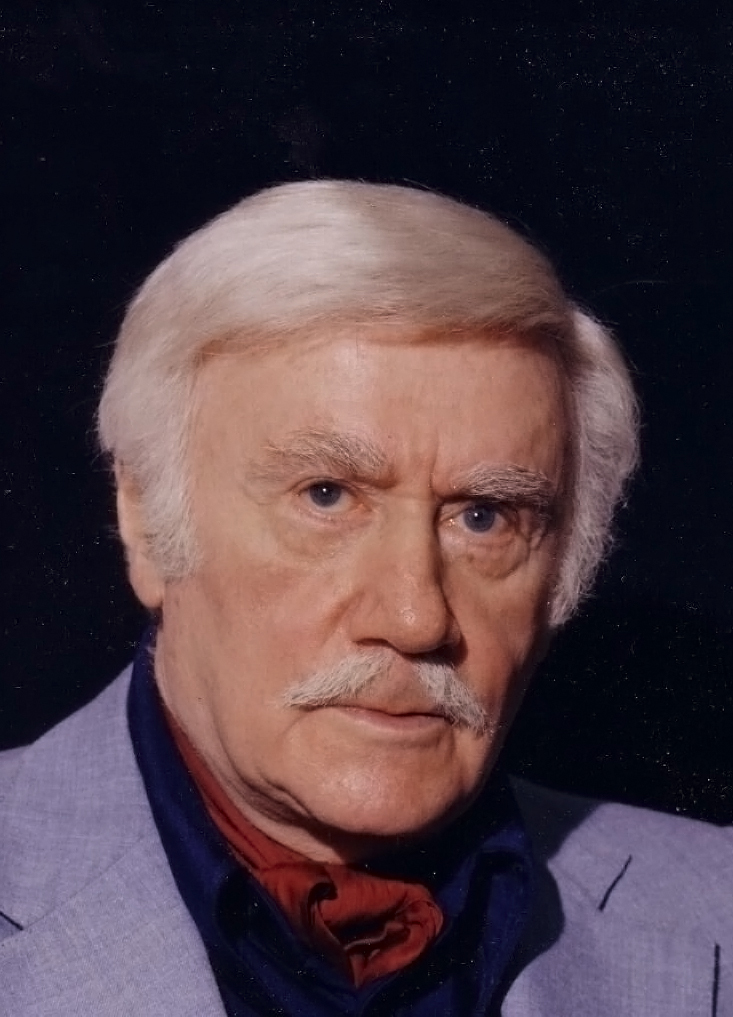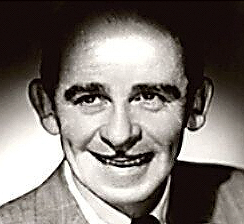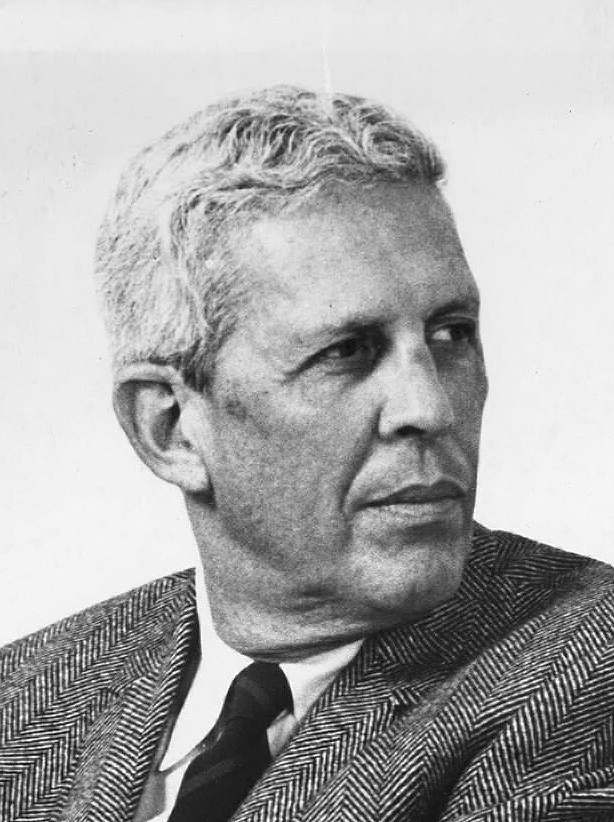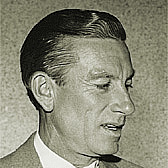
Prolific Hollywood composer, vocalist, actor, radio and TV star
Hoagy Carmichael
InducteeGave us "Stardust" and "Georgia on My Mind"
Hoagy Carmichael was one of the most inventive and adventurous of the great American songwriters. Much of his best work reflects his love of the jazz of the 1920s, most notably one of the greatest standards from the era, “Stardust”.
He was born Hoagland Howard Carmichael in Bloomington, Indiana on November 22, 1899. His father was an electrician and his mother played the piano for dances and silent films. Although his ambition was to become a lawyer, Carmichael showed an early interest in music. When his family moved to Indianapolis in 1916, he took lessons from an African-American pianist Reginald DuValle. He attended Indiana University, and, while there, he organized his own jazz band. When the great jazz cornetist Bix Beiderbecke, then at the very beginning of his brief career, paid a visit to Indiana University in the spring of 1924, he and Carmichael quickly became friends, and it was for Beiderbecke that Carmichael wrote his first piece. Not long afterward, Beiderbecke and the Wolverines recorded it under the title "Riverboat Shuffle".
Carmichael went on to the Indiana University Law School, and continued to perform and write music while there. He graduated in 1926, and began to practice law in West Palm Beach, Florida. However, the discovery that another of his early tunes "Washboard Blues" had been recorded prompted him to abandon law for music. He briefly returned to Indiana, and then in 1929 he arrived in New York. He resumed his contact with Beiderbecke and was introduced with some of the most talented young musicians of the day, including Louis Armstrong, the Dorsey Brothers, Benny Goodman, and Jack Teagarden. Another important lifelong friendship during this time was also established with lyricist Johnny Mercer.
Gradually, musicians heard Carmichael’s songs and he became increasingly well known as a songwriter. In addition, his performing career flourished and he made many recordings. One of his early recordings featured him with the Paul Whiteman band playing and singing his own "Washboard Blues".
In 1936 he moved to Hollywood and continued to write independent songs for publication and songs for movies. In 1937 he began what was to become a significant secondary career as an actor, appearing in a bit part in the film Topper. Roles, which usually involved singing parts, followed in many other movies, including To Have and Have Not (1942), The Best Years of Our Lives (1946), Canyon Passage (1945), and Young Man With a Horn (1950). In the late 1950s and early 1960s, he became a regular on television in the western series Laramie. In the 1940s, he was also a popular radio personality.
Songs included in the prolific Carmichael catalog include "Washboard Blues" (1925, lyric with Fred B. Callahan); "Star Dust" (1928, lyric by Mitchell Parish) which has been recorded by virtually every important singer of popular music; "Rockin' Chair" (1929) which was made famous by Mildred Bailey; "Georgia On My Mind" (1930, lyric by Stuart Gorrell), originally a hit for Mildred Bailey, and later revived memorably by Ray Charles); "Up The Lazy River" (1931, lyric with Sidney Arodin); "One Morning In May" (1931, lyric by Mitchell Parish); "Lazybones" (1931, lyric written with Johnny Mercer); "Judy" (1934, lyric written with Sammy Lerner); "Little Old Lady" (1936, lyric written with Stanley Adams); "The Nearness Of You" (1937, lyric by Ned Washington); "Two Sleepy People" (1938, lyric by Frank Loesser); " Small Fry" (1938, lyric by Frank Loesser), which was introduced in the Bing Crosby film Sing You Sinners; "Heart and Soul" (1938, lyric by Frank Loesser); "I Get Along Without You Very Well" (1938); "Blue Orchids" (1939); "Can't Get Indiana Off My Mind" (1940, lyric by Robert De Leon); "Skylark" (1941, lyric by Johnny Mercer); "The Lamplighter's Serenade" (1942, lyric by Paul Francis Webster); "Baltimore Oriole" (1942, lyric by Paul Francis Webster), which was used in the 1944 film To Have And Have Not; "Memphis In June" (1945, lyric by Paul Francis Webster), written for the film Johnny Angel; "Ole Buttermilk Sky" (1946, lyric with Jack Brooks), featured in the film Canyon Passage; "Ivy" (1947); "My Resistance Is Low" (1951, lyric by Harold Adamson); and "In The Cool Cool Cool of the Evening" (1951, lyric by Johnny Mercer), which was performed by Bing Crosby in the film Here Comes the Groom, and awarded the Academy Award for Best Song in 1951.
In addition to those already mentioned, other lyricists with whom Carmichael worked included Jo Trent, Connie Dane, and Dick Voynow.
After two orchestral pieces met an unenthusiastic reception in the 1960s, Carmichael retired from composing. He died in Rancho Mirage, California, on December 27, 1981.


